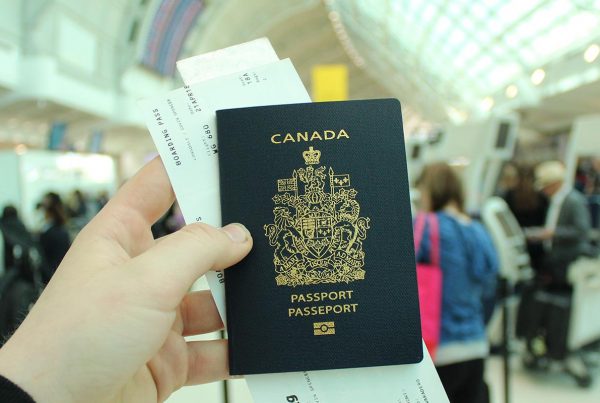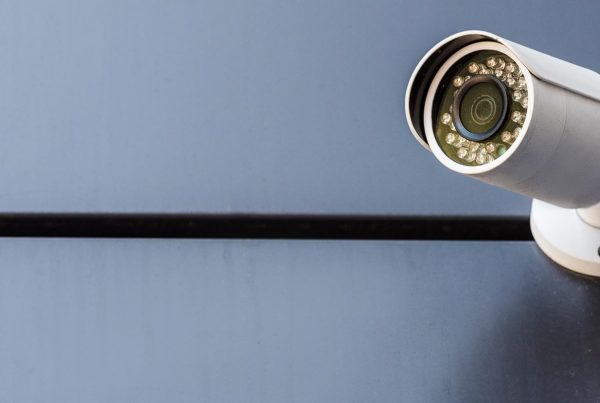CCLA intervened recently in a case to protect children’s, and families’ right to privacy. We weighed in because we believed that the decision of the Court would have a broad and overarching impact on privacy rights of children involved with child welfare proceedings in cases where there was also a third party seeking disclosures.
Such children are uniquely vulnerable. They and their parents or caregivers are often poor, and their families may experience mental health and substance use problems, low education and literacy, and challenges due to racism. When they are under a supervision order, their daily lives are subject to extensive documentation by child welfare agencies.
The case dealt with the complicated intersection of provisions in the Immigration and Refugee Protection Act (IRPA), which provides for the federal Minister of Public Safety and Emergency Preparedness to make submissions in judicial proceedings that might have the effect of staying a removal order, and the Child Youth and Family Services Act, (CYFSA) which allows for supervision orders to be made that put a family under the care of a child welfare agency in a way that would effectively prohibit deportation for a period of time.
The Minister sought disclosure of all of the status review applications and agreed statements of fact relevant to the family from 2015, and all future applications that might be brought, arguing that such breadth and depth of information was necessary for a meaningful submission to the Court. However, these documents include deeply private details that cut to the biographical core of the children and their families, involved in the case. CCLA argued in our intervention that this information deserved the protection of a principled legal framework to assist the Court to duly consider the Charter-protected privacy rights of the family as well as the public interest in disclosure represented by the Minister.
CCLA’s submissions laid out factors we recommended the Court should consider in such a framework, including requiring establishing the necessity and relevance of the information sought in relation to the stated purpose for the disclosure; and assessing the proportionality of the disclosure. That assessment, we argued, requires balancing the value of the documents the requesting party wishes to use to assist in making their case against the profound prejudice to the dignity and privacy of the family the information is about.
The Court agreed that there needs to be a framework within which disclosure requests are considered and managed, and that the competing interests of the parties affected by the disclosure, including the children’s privacy rights, are an important consideration. The decision states that the party seeking disclosure must “provide a basis for the proposed scope of submissions,” and that once that basis is provided, the judge can “consider the requested scope of submission/disclosure, together with the Minister’s statutory obligation to pursue removal as soon as possible on the one hand, and the parties’ duties under the CYFSA and the child’s best interests on the other hand.”
This is a technical and complicated explanation of a case involving nuance and complexity, but the simple take-away is this: the Court agreed that the privacy rights of children and their families must be considered when third parties ask for access to their personal information. They agreed that only requests that are grounded in necessity and are proportionate to the invasiveness of the disclosures should be granted. This was the result we hoped for, and it our expectation that this framework will protect many children when it is applied to future cases.
Many thanks to Vasu Naik, of Robins Naik LLP, for her excellent, pro bono representation in this case.
About the Canadian Civil Liberties Association
The CCLA is an independent, non-profit organization with supporters from across the country. Founded in 1964, the CCLA is a national human rights organization committed to defending the rights, dignity, safety, and freedoms of all people in Canada.
For the Media
For further comments, please contact us at media@ccla.org.





